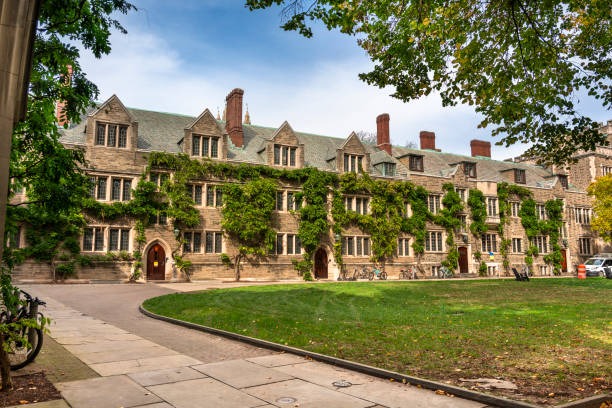For many students, the dream of attending an Ivy League school starts early. Maybe it began with a teacher’s comment in elementary school. Or maybe it started when you saw a family member hang a framed diploma from one of those schools on their wall.
It’s easy to think of the Ivy League as a single category. You hear Harvard and think excellence. You hear Yale and think tradition. But these schools aren’t carbon copies of one another. They have different strengths, different cultures, and different environments. In this article, we will go over several strategies to help you decide on the right Ivy League school.
1 – Consider getting expert help
Some students reach a point where every Ivy League option feels the same. The names blur, and the pressure builds. If you’re unsure how to weigh your options or how to present yourself in applications, you don’t have to figure it out alone.
Looking into college admissions consulting can help. A good consultant won’t hand you a list of schools and tell you what to do. Instead, they ask sharp questions, look at what matters to you, and offer clear feedback.
Consultants know what these schools expect, what they value, and how different they really are. They can help you see past the marketing and focus on what lines up with your goals. More importantly, they help you avoid wasting time chasing a fit that isn’t right.
2 – Understand your academic and career goals
Before you choose a school, you need to understand what you want from it. Not every Ivy League college will support your goals in the same way. Some have strong programs in the sciences. Others are better known for humanities or public policy. You should start by looking closely at what you want to study and where each school stands in that area.
Don’t just read the rankings. Look at course offerings, faculty research, lab access, and internship support. See how often undergraduates get to do research. Check whether the school connects students with jobs or mentors in your field. If you’re thinking about medicine, ask how well the school supports pre-med students. If you’re thinking about a career on Wall Street, look at the career placement data from each school’s economics or business-adjacent programs.
3 – Visit the campuses
Visiting a campus can tell you things a website never will. If you’re deciding between Ivy League schools, this step matters. You might love the idea of a college on paper, but the actual experience of walking around, sitting in on a class, or talking to a student can shift your thinking.
If an in-person visit isn’t possible, make time for virtual tours and student panels. Most schools offer detailed online options that show classrooms, housing, and student life. You can also reach out directly to current students or recent graduates through official forums or social media. Ask them about their daily routines, what surprised them after enrolling, and what they’d do differently if they could start over.

